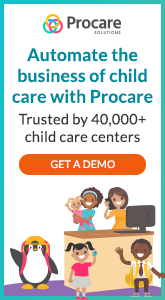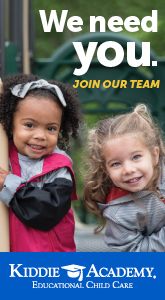September 5, 2024
Ideal Learning Environments
If your heart ain’t where your head is, it doesn’t matter where your head is.
– Walter Gilliam, Executive Director, Buffett Early Childhood Institute, Agency for Change: A Podcast from KidGlov
Contributed by Kara Ficke, Marketing Director of Exchange Press.
Trust for Learning is a philanthropic partnership dedicated to expanding ideal early learning environments for underserved children. In 2022 they published an evidence brief, Ideal Learning Environments for Young Children, stating that:
“Because children are born learning, any environment can become an ideal leaning environment – whether at home, in family – or center-based child care, or at school. While every child should have access to ideal learning environments from birth, far too many do not. With growing public investment, we now have the opportunity to create equitable ideal learning environments serving children, families, and educators in any setting.”
The brief offers 9 principles that empower community leaders to adopt a comprehensive early learning approach that serves their children and communities:
Principle 1: Decision-making reflects a commitment to equity.
Principle 2: Children construct knowledge from diverse experiences to make meaning of the world.
Principle 3: Play is an essential element of young children’s learning.
Principle 4: Instruction is personalized to acknowledge each child’s development and abilities.
Principle 5: The teacher is a guide, nurturing presence, and co-constructor of knowledge.
Principle 6: Young children and adults learn through relationships.
Principle 7: The learning environment intentionally facilitates exploration, independence, and interaction.
Principle 8: The time of childhood is valued.
Principle 9: Continuous learning environments support adult development.
The report concludes with a powerful call to action, “Today, it is abundantly clear that children thrive in discovery-based learning environments that are equitable, playful, joyful and supportive of the continual development of parents and other educators. We now need greater public will, equitable state and federal policy, and sustained funding which centers the wellbeing and compensation of our invaluable early childhood educators.”
Share with the hashtag #ExchangeEveryDay
Print Friendly
Related
By Jamie Bonczyk, John Everett Till and Trinette Potts













